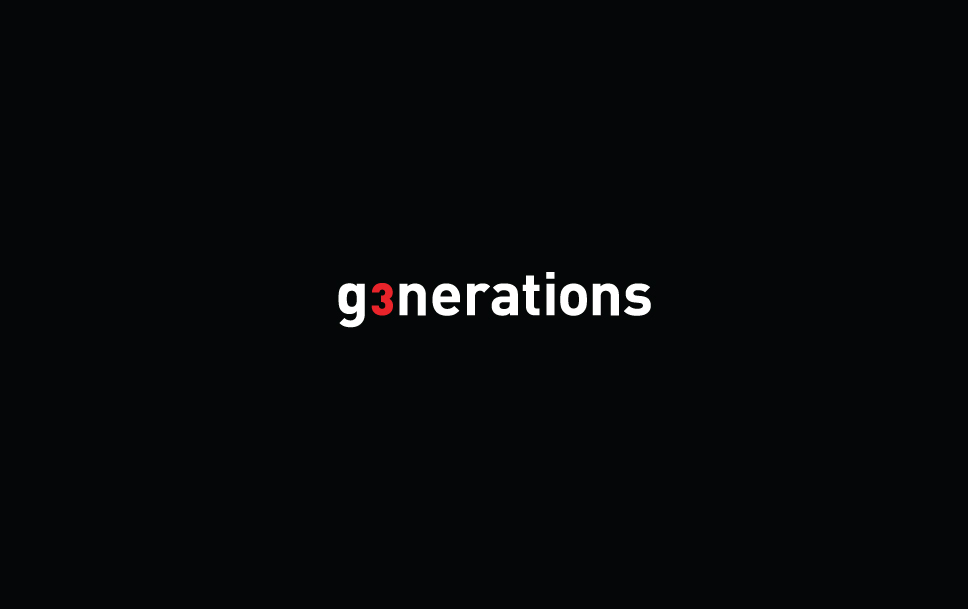Opinions
LOST IN LEBANON: An intern’s take.
Written by Mimi Mayo-Smith, 3G Intern
The world premiere for Lost in Lebanon will be held in London, United Kingdom at the Human Rights Watch Film Festival on March 12th and 13th, 2017.
“There is nothing like your homeland.
Nothing at all.”
In the global media, we know Syria as a place of conflict. Syria: rife with violations of human rights. Aleppo: a former UNESCO world heritage center now annihilated by bombs, empty of living breath. We do not want to go to Syria, hear about Syria, know Syria.
But Syria for Syrians is another story. Syria for Syrians is home. It is the place where identity and meaning dwells. Yet the war between the Free Syrian Army and al-Assad’s oppressive regime, intertwined with ISIS and Russia’s agendas, has made home a distant ghost for millions of Syrians. Home is now only a memory with faded senses. Thirteen million Syrians can no longer touch, feel, hear or smell their roots.
Lost in Lebanon, a documentary directed by the Scott Sisters and produced by 3 Generations and Jane Wells, gives voice and image to the deep fractures caused by displacement. Yet it is also a story of dignity, hope and beauty that can sprout through the painful cracks of loss.
The fracture is not only geographic but emotional. Lost in Lebanon expresses this complexity through its intimate portrayal of four Syrians stranded in Lebanon. The sounds and visuals of the camera inquire these humans’ feelings, philosophy and legal struggles from the crisis. A crisis they did not create, yet are deeply embedded in without choice.
Lebanon is a country of about 4 million people, but is a refuge for over a million Syrians. In 2014, Lebanon ended its Open Door Policy, giving Syrian refugees very little if not no socio-economic mobility. Yet it would be untrue to claim that Syrians aren’t fighting for change in their “open prisons”. Although Syrians are stranded in Lebanon, they are the opposite of inactivity. Their eyes carry the depth of life and hope, and they are touchingly graceful in their suffering. The humans we encounter in the film are not simply “refugees,” but activists fighting for better conditions in their own displaced communities. The film portrays the wisdom of Syrian artists, volunteer teachers, NGO leaders and camp managers in Lebanon with ambitions to give their people and the youngest generation of Syrians an opportunity to survive, to be educated and to belong.
And this is one of the most painful aspects of the refugee experience Lost in Lebanon documents. The political and military agendas of the most powerful governments are denying millions of Syrians the right to belong.
They are perceived as a “burden”, even if they are humans like you and me seeking peaceful lives.
Their humanity is not only being confiscated through labels, but also through forced conscription (either to the Free Syrian Army or al-Assad’s troops), chemical warfare, exclusive laws and cultural apathy. Syrian refugees have suffered profound trauma and this trauma expresses itself in limitless ways. In Lost in Lebanon, a scene showcases Syrian children in a Lebanese refugee camp rapping about political violence. They are chanting rhythmically about their desire to live simply, ignorant of the world’s political theater armed with choking gases and indiscriminate bombs. The insight these children have on the nature of politics imprinted on me. Their honest expression was beautiful but disturbingly tragic. At seven and eight years old, they shouldn’t be singing about bullets planted in their friends’ backs.
Lost in Lebanon is a unique documentary. Unique in its ability to show the beautiful strength of people forced into suffering by warfare, while specifying how this suffering writes their mind’s everyday language:
When will I go home? When will I see my family again? Will I be granted legal residency? Will my passport be renewed? Will I ever go back to school? Will the next generation of Syrians be uneducated and landless? Will there be enough water and food for all of us?
These questions are not created out of a void but are derived from the political structures currently in place. The law of migration is bound to nationalist ideology – an ideology that cannot avoid discrimination and injustice. Passports should not exist, one of the main Syrian protagonists said. Humans should be free to move anywhere, whenever. I agree with her. One’s homeland should not equate “nation” with a fixed racial/religious/sexual/etc. criteria for its citizens. For Syrians, Syria is a place of meaning, that connotes a belonging and holds the history of one’s self and family. It is a land they would like to return to and rebuild.
On March 6th, Trump signed a new travel ban, refusing entry to 6 mainly Muslim countries, including Syria. A 120 day ban has been put in place to block Syrian refugees from finding refuge in the States. This is a disgrace. People must watch Lost in Lebanon, not only to understand the political situation but to recognize that the humans affected are like ourselves and that our nationalist ideology is oppressive. We need to use our voices to keep theirs resoundingly alive.
________
Lost in Lebanon was reviewed by Cinevue, and was selected as one of their top picks at the HRW Film Festival 2017. To read the review, visit:
https://www.cine-vue.com/2017/03/hrw-2017-our-picks-of-programme.html
Lebanon revises Open Door Policy. http://www.aljazeera.com/news/middleeast/2014/06/lebanon-revises-open-door-refugee-policy-201466744881995.html
See Amnesty’s report on Assad’s war crimes: https://www.amnesty.org/en/latest/news/2016/08/syria-fresh-chemical-attack-on-aleppo-a-war-crime/


